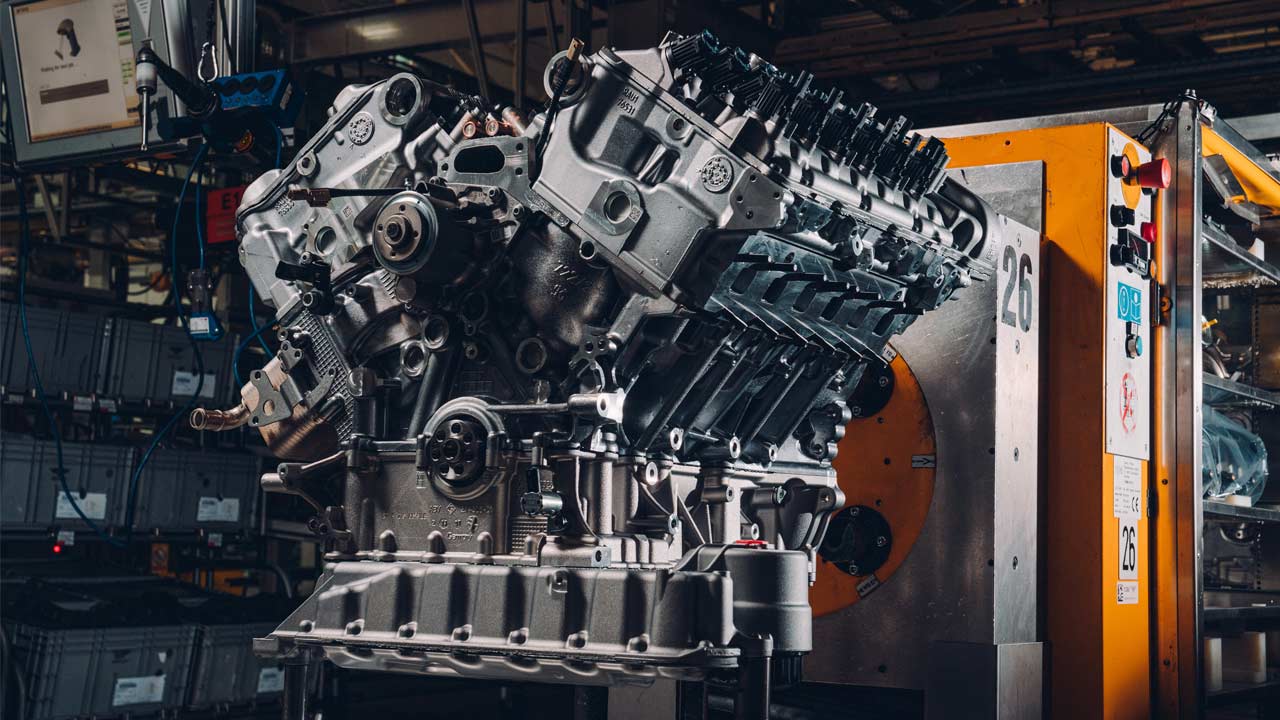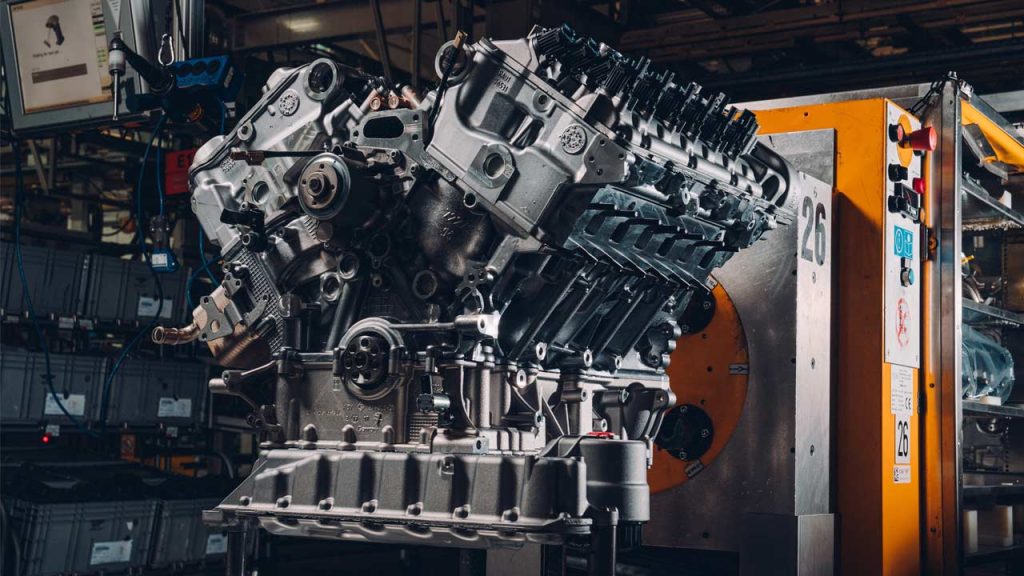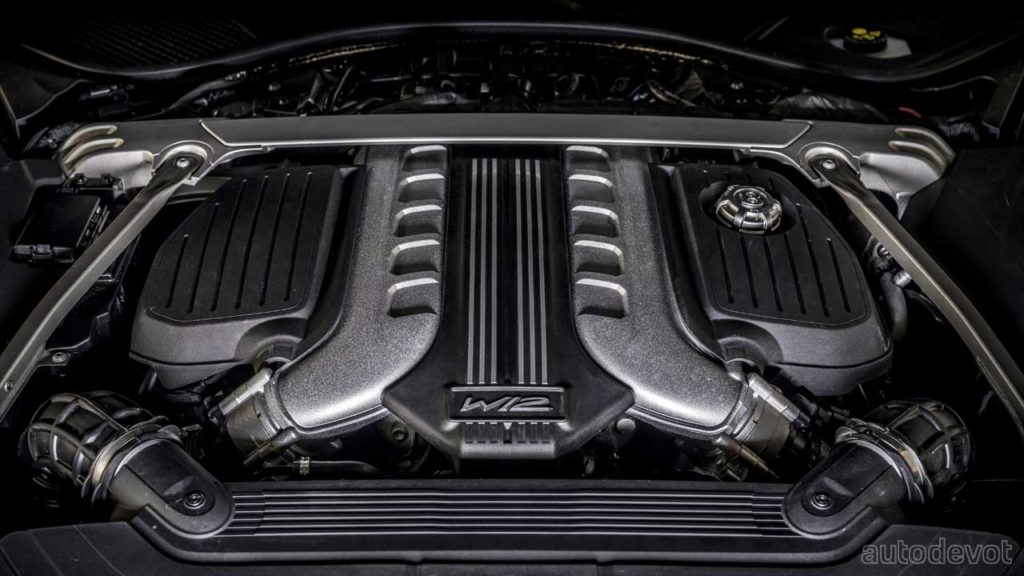Well, this is not surprising news by any means, but rather an official confirmation. Bentley has announced that the production of its 6.0L W12 twin-turbo motor will end in April 2024—after more than 100,000 units built at its home in Crewe, England. As you also probably know, the last Bentley model to receive this W12 honor is the Batur—which commenced real-world testing last December—ahead of its customer deliveries commencing in mid-2023.
The Batur is a derivative of the Continental GT while the Bacalar is essentially a fancier version of the Continental GTC. But note that the Bacalar is always gonna be an open-top roadster; there’s no convertible roof mechanism here. The W12 also powers the Bentayga (Bentayga Speed) and the Flying Spur (GT Speed, GT Mulliner). In its press release, Bentley adds that “a few W12 order slots remain”, but I’m pretty sure that it is not talking about the 12-unit-only Bacalar and 18-unit-only Batur.
The Bentley W12 motor began its life as two Volkswagen VR6 engines (also referred to as “staggered six” due to the zig-zag-like arrangement of cylinders) bolted together. It was introduced into the market with the 1st-gen Continental GT in 2003, and since then, the engineering team in Crewe has continually improved the performance of the engine in terms of refinement, power, torque and emissions.
Bentley says that over the last 20 years, power has increased by 37% and torque by 54%, while emissions have been reduced by 25%. Initially, this was through the evolution and optimization of the control systems, improvements in the oil and cooling designs, turbocharging and more effective injection and combustion processes. For the launch of the Bentayga in 2015, the W12 was completely redesigned from the sump up, and it’s that version of the engine that remains in production today—featuring cylinder deactivation, direct and port injection, and twin-scroll turbos.
Each W12 engine is hand-built over 6.5 hours by a team of craftspeople before undertaking a highly sophisticated test regime of over an hour via 3 specialist diagnostic machines. Every week, one engine is run over an extended test cycle and then fully stripped for inspection, the company added.

Leave a Reply
Note: Comments that are unrelated to the post above get automatically filtered into the trash bin.









































